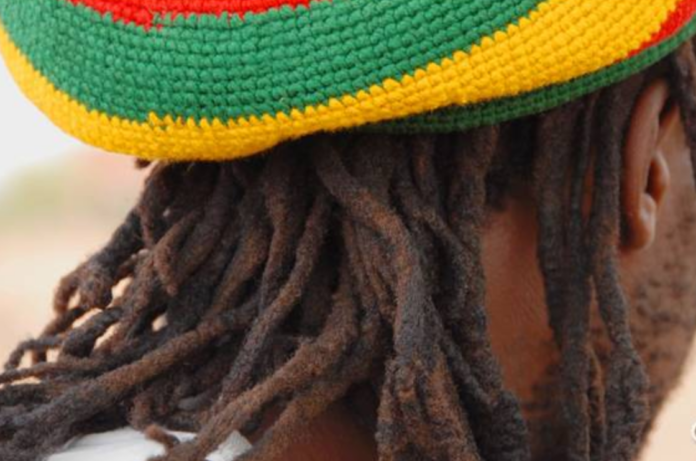I have followed with delight the ongoing debate about two teenagers who were denied admission to Achimota School because they declined to cut their Rasta hair.
In my candid opinion, why should such an issue turn into a national debate?
To the best of my knowledge, Achimota School is a largely run as a public school funded with the tax payers’ money.
As a public school, it is bound by the laws of Ghana and unless proven otherwise, no law spells out the kind or type of hair a prospective student should have before s/he is granted admission.
Furthermore, Achimota School is one institution that, without a doubt, embraces other cultures and has produced very fine personalities of international repute.
Why is it difficult for such an institution to admit two teenagers just because they have Rasta on their heads?
My research revealed that Rastafarianism is a religion recognized by several jurisdictions. The Kenyan judiciary acknowledged Rastafarianism as a religion in the case of Seventh Day Adventist Church v Ministry for Education [2017] eKLR when it held as follows:
“freedom of religion includes both the right to have religious belief and the right to express such belief in practice.” Also, the United States of American recognizes Rastafarianism as was held in the case of Reed v Faulkner 842 F 2d 960 (7th Cir 1988), when the US Circuit Court held that Rastafarianism was a form of religion.
The court further observed that Rastafarianism is a religious sect that originated among black people in Jamaica, although it has adherents among black American, and that its tenets are derived by interpretation of passages in the Bible and, therefore, Rastafarian faith was a bona fide religion for purposes of the First Amendment.
In Ghana, our principal legislation, the 1992 Constitution, prohibits discrimination on the grounds of religion.
In other words, once Rastafarianism is a religion, the laws of Ghana embraces it, provided the faith is not contrary to any existing law(s) of Ghana.
Article 17(2) of the Constitution of Ghana, 1992 states as follows: “A person shall not be discriminated against on grounds of gender, race, colour, ethnic origin, religion, creed or social or economic status.”
Clause 3 of the same article states as follows: “for the purpose of this article, “discriminate” means to give different treatment to different persons attributable only or mainly to their respective descriptions by race, place of origin, political opinions, colour, gender, occupation, religion or creed…”
Without prejudice to the case in court, I am certain the head of Achimota School is not oblivious of the Constitutional provisions cited above.
My worry is, why would the head of such a fine institution deny admission to two teenagers based on their hair?
I was excited to hear that the two teenagers through their parents, have proceeded to court to assert their rights.
The teenagers should be applauded for being brave and taking steps to enrich the jurisprudence of our country.
I patiently await the court to state its opinion in the matter before it. Until then, I applaud the teenager’s parent for not letting the issue die a premature death.
The writer is a Private Legal Practitioner and Law Tutor.
Contact: peprah.berko@yahoo.com

